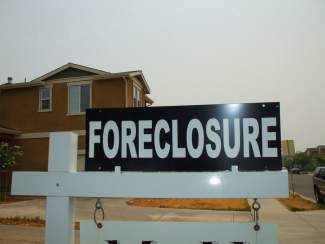What are the Pros of a deed in lieu?
What are the Cons of a deed in lieu?
If the bank won’t accept a deed in lieu of foreclosure can I simply file a quit claim deed at the Register of Deeds?If you are continuing to receive tax bills and are concerned about liability from owning property you have abandoned that may be an option although the bank could challenge your transfer. That being said this option is becoming more popular when a bank refuses to foreclose. Will the bank accept a deed in lieu of foreclosure?Call the bank and ask. Keep calling until you get an answer. Sometimes asking for a mortgage modification moves your file to the right people to review your loan. Do I need a lawyer to do a deed in lieu?Although the bank should mail you the paperwork to have notarized it would be prudent to have a lawyer review the paperwork to make sure you are also being released from any further liability on the loan.
0 Comments
Your comment will be posted after it is approved.
Leave a Reply. |

